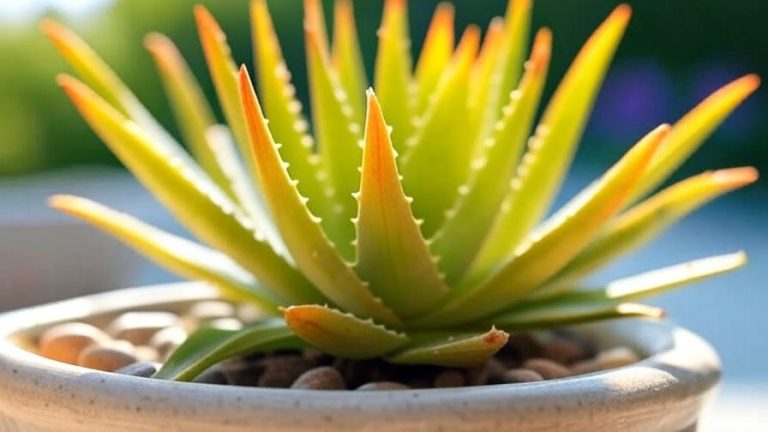The Comprehensive Guide to Understanding the Meaning of the Hibiscus Flower
The hibiscus flower is admired worldwide for its bold colors and exotic beauty. However, its significance extends far beyond its appearance. Across different cultures, this flower holds a wealth of meanings, from love and femininity to power and healing. In this article, we will take a deep dive into the symbolic, cultural, and medicinal importance of the hibiscus flower, while also exploring its role in history and modern-day practices.
What's On the Page
The Symbolism of the Hibiscus Flower
The meaning of the hibiscus flower varies widely depending on color, cultural context, and location. In general, it symbolizes delicate beauty, femininity, and passion. The large, showy petals make it a symbol of attraction and romance. Let’s break down the symbolism by color.
Red Hibiscus: Love and Passion
The red hibiscus is universally associated with love and passion. It represents deep emotions and is often exchanged as a sign of romantic affection. Its vivid color is reminiscent of the intensity of desire and attraction.
White Hibiscus: Purity and Innocence
In contrast, the white hibiscus symbolizes purity, innocence, and spirituality. It is often used in ceremonies that emphasize purity and peace, such as weddings and religious offerings.
Yellow Hibiscus: Happiness and Good Fortune
The cheerful yellow hibiscus represents happiness, joy, and good fortune. It is frequently given as a gift to spread positivity and cheer. Some cultures associate it with friendship and new beginnings.
Pink Hibiscus: Femininity and Grace
The soft, blush tones of the pink hibiscus are often associated with femininity, grace, and gentle love. It is a symbol of admiration and is frequently presented to women as a sign of affection and respect.
Cultural Significance of the Hibiscus Flower
The hibiscus flower has deep cultural roots in many regions around the world. Its meaning often changes depending on the culture in which it is found. Let’s explore how different societies view this iconic bloom.
Hawaiian Culture
In Hawaiian culture, the hibiscus flower is a symbol of beauty, femininity, and hospitality. It is commonly worn behind the ear, and the placement of the flower has a specific meaning. Wearing it behind the left ear signifies that the person is in a relationship, while wearing it behind the right ear means they are single and available.
Chinese Traditions
In Chinese culture, the hibiscus is associated with fame, riches, and personal glory. It is used in celebrations and ceremonies to honor success and wealth. The flower is also a popular motif in traditional Chinese art and literature, symbolizing immortality and honor.
Indian Culture
In India, the red hibiscus holds a special place in religious rituals. It is sacred to Hindu goddesses, particularly Kali and Durga, and is offered during prayers and ceremonies. The flower represents power, strength, and divine energy in Hinduism.
Egyptian and African Traditions
In Egyptian and African cultures, the hibiscus has long been used for its medicinal properties. It is brewed into hibiscus tea, which is believed to have cooling and calming effects. It also holds significance in ceremonial practices as a symbol of life and fertility.
The Role of the Hibiscus Flower in Medicinal Uses
Beyond its symbolism and cultural importance, the hibiscus flower is highly valued for its medicinal properties. It has been used for centuries in various forms, such as tea, powders, and oils, for its ability to treat a range of ailments.
Hibiscus Tea
One of the most common uses of the hibiscus flower is in the form of hibiscus tea. This tart, ruby-colored tea is loaded with antioxidants and is widely known for its ability to lower blood pressure. Research has shown that regularly consuming hibiscus tea can reduce high blood pressure, making it an excellent natural remedy for those looking to improve their cardiovascular health.
Hibiscus for Skin Health
The hibiscus flower is also prized for its anti-aging properties. It is commonly used in skincare products due to its natural acids and vitamin C content, which help exfoliate the skin, reduce hyperpigmentation, and enhance skin elasticity. This has led to its nickname, “the Botox plant,” as it helps maintain a youthful appearance.
Digestive Health
In many cultures, hibiscus is used as a remedy for digestive issues. Its natural compounds are known to ease stomach discomfort, reduce inflammation, and aid in digestion. Consuming hibiscus extract or tea is believed to promote a healthy digestive system and reduce symptoms of bloating and gas.
Historical Significance of the Hibiscus Flower
The hibiscus flower has a long and storied history that spans several centuries. It was first cultivated in Asia and later spread to Africa and the Caribbean. As it traveled, so did its importance. In many ancient cultures, hibiscus was considered a sacred flower due to its vibrant color and healing properties. It played a significant role in traditional medicinal practices and was also a common symbol in art and literature.
The Hibiscus Flower in Modern Times
Today, the hibiscus continues to be an important symbol and is widely used in cosmetics, herbal remedies, and culinary dishes. Its tea is gaining popularity around the world for its health benefits, and the flower itself remains a favorite choice for floral arrangements, especially in tropical-themed events. In gardens, hibiscus is often planted for its beauty and ability to attract butterflies and hummingbirds.
Conclusion
The hibiscus flower is a remarkable bloom with a rich history, cultural significance, and medicinal properties. Its symbolism, beauty, and versatility make it a beloved flower in many parts of the world. From representing love and passion to being a powerful healer, the hibiscus flower continues to hold a special place in various traditions and practices. Whether you appreciate it for its beauty or its meaning, the hibiscus is a truly unique flower that deserves recognition.

